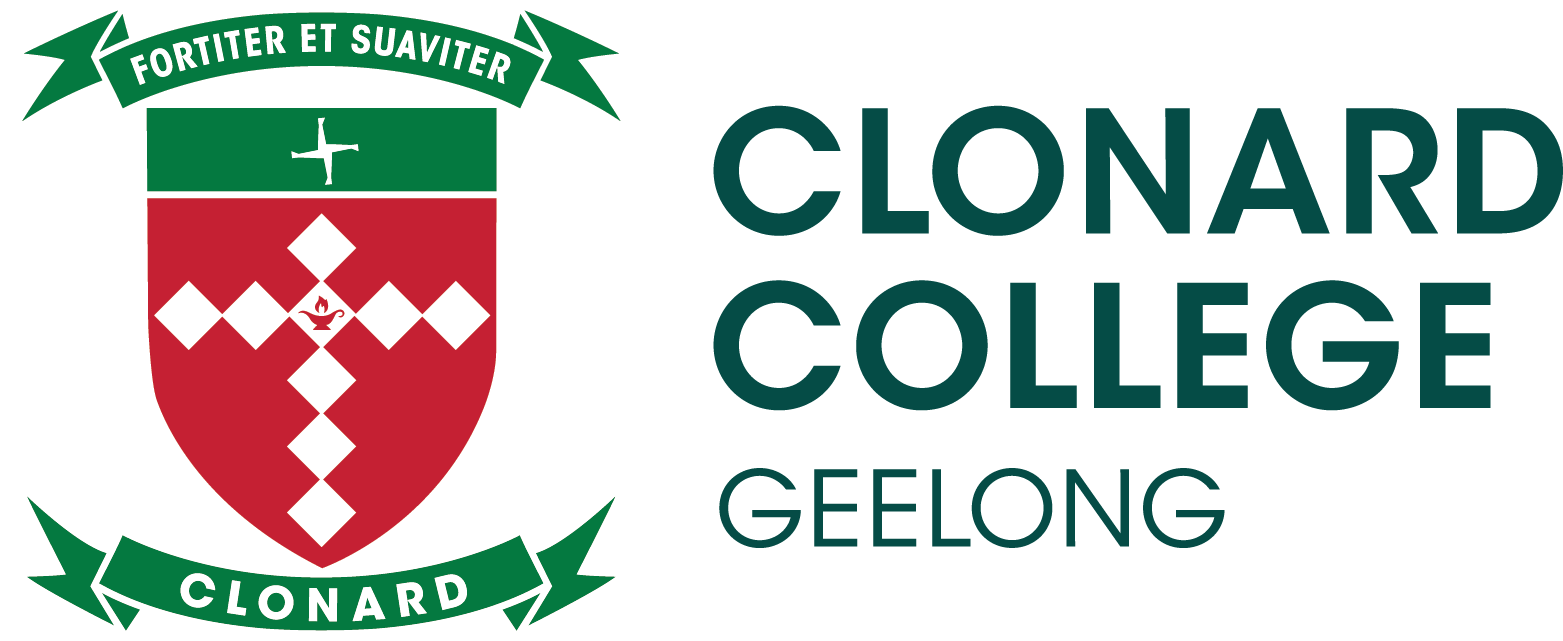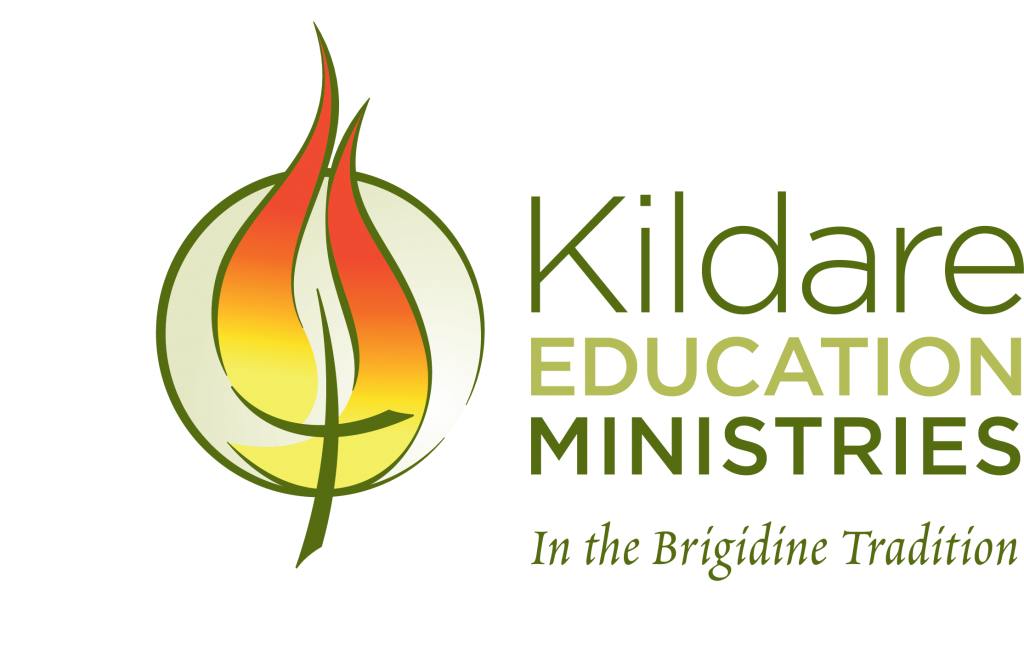- All students participate in Religion classes
- The following table outlines the choices that are available.
| Course | Compulsary or Elective |
|---|---|
| Year 10 Religion Choose between the following two pathways: | Compulsory |
| Option 1: College based curriculum (all Year) OR | |
| Option 2: Texts and Traditions Unit 1 + 1 College based unit | VCAA VCE Unit |
Unit 1: Texts in Traditions
In this unit students examine the place of texts and their literary forms within a religious tradition. Story-telling is one of the major literary forms in religious traditions; other forms include law, prophecy, sacred songs, reflection and instruction. Students explore the importance of texts at the source of a tradition and how their meaning for the earlier and continuing tradition might be found and described.
Areas of Study:
*Exploring literary forms
*The formation and exegesis (the process of searching for and giving expression to the meaning) of text
*Later uses and interpretations of sacred texts
At Clonard College, this unit MAY be studied at Year 10 as a chosen VCE Religious Education pathway, if students do not choose to study the Year 10 College based curriculum.
Unit 2: Texts in Society
This course will investigate the New Testament times in order to explore the themes of justice, racism and gender roles. Students will explore a number of traditional writings including the Gospel of Luke. The author of Luke has a deep interest in women and the poor, or those of low social status.
Other texts will be compared and contrasted with Luke, including Matthew, Mark and parts of the Old Testament.
Areas of Study:
*Sacred texts in the past
*Sacred texts today
*Comparing religious traditions
At Clonard College, this unit MAY be studied at year 11 as a chosen VCE Religious Education pathway.
This unit is an appropriate pathway into Text and Traditions units 3 & 4.
Unit 3: Texts and the Early Traditions
The texts of a particular religious tradition are foundational in that they recount, for example, specific events, narratives, laws, prophetic pronouncements and teachings that describe the beginnings and initial development of a religious tradition.
In this unit students explore the society and culture from which the tradition being studied was formed. They seek an understanding of the historical background that lent shape and content to the texts themselves.
Areas of Study:
*The background of the tradition
*Thematic and literary aspects of the set text
*Interpreting texts
Unit 4: Texts and Their Teachings
In this unit students continue to apply exegetical methods to the passages for special study begun in Unit 3, but to greater depth. Some texts are regarded as essential for the continuation of a tradition because they function as a means of communicating teachings or understandings about the relationship between the human and the transcendent. These understandings are often expressed through ideas, beliefs or themes in the particular texts.
Areas of Study:
*Interpreting texts
*Religious ideas, beliefs and themes
This subject is advantageous if you’re looking at these careers:
*Teacher
*Social Worker
*Youth and Community Worker
*Counsellor, Librarian
*Researcher
*Lawyer
*Historian
*International Aid/Development Worker
*Writer
| Course | Compulsary or Elective | Make this selection in: |
|---|---|---|
| Year 11 Religion Choose between the following two pathways: | Compulsory | Year 10 |
| Option 1: Religion and Society Unit 1 + College based curriculum OR | VCAA VCE Unit | |
| Option 2: Texts and Traditions Unit 2: Texts in Society (Pathway to Unit 3&4) + College based curriculum | VCAA VCE Unit |
Unit 1: The role of religion in society
In this unit students explore the origins of religion and its role in the development of society, identifying the nature and purpose of religion over time. They investigate the contribution of religion generally to the development of human society. They also focus on the role of religious traditions over time in shaping personal and group identity. Students examine how individuals, groups and new ideas have affected and continue to affect religious traditions. The unit provides an opportunity for students to understand the often complex relationships that exist between individuals, groups, new ideas and religious traditions broadly and in the Australian society in which they live.
Areas of Study:
*The nature and purpose of religion
*Religion through the ages
*Religion in Australia
At Clonard College, this unit is compulsory for all Year 11 students unless they have chosen to complete Unit 2 Texts and Traditions
Unit 2: Religion and Ethics
In this unit students study in detail various methods of ethical decision-making in at least two religious traditions and their related philosophical traditions. They explore ethical issues in societies where multiple worldviews coexist, in the light of these investigations.
Areas of Study:
*Ethical decision-making and moral judgment
*Religion and ethics
*Ethical issues in society
At Clonard College, this unit is compulsory for all Year 12 students unless they have chosen to complete Unit 3 and 4 Texts and Traditions
| Course | Compulsary or Elective | Make this selection in: | |
|---|---|---|---|
| Year 12 Religion Choose between the following two pathways: | Compulsory. In addition, all students attend a three- day retreat in Term 2. | Year 11 | |
| Option 1: College based curriculum & Religion and Society Unit 2: Ethics OR | This is a non-scored VCAA VCE subject and does not contribute to your ATAR | ||
| Option 2: Text and Traditions Unit 3: Texts and the Early Traditions & Text and Traditions Unit 4: Texts and Their Teachings | This is a VCAA VCE scored subject and contributes to your ATAR | ||


